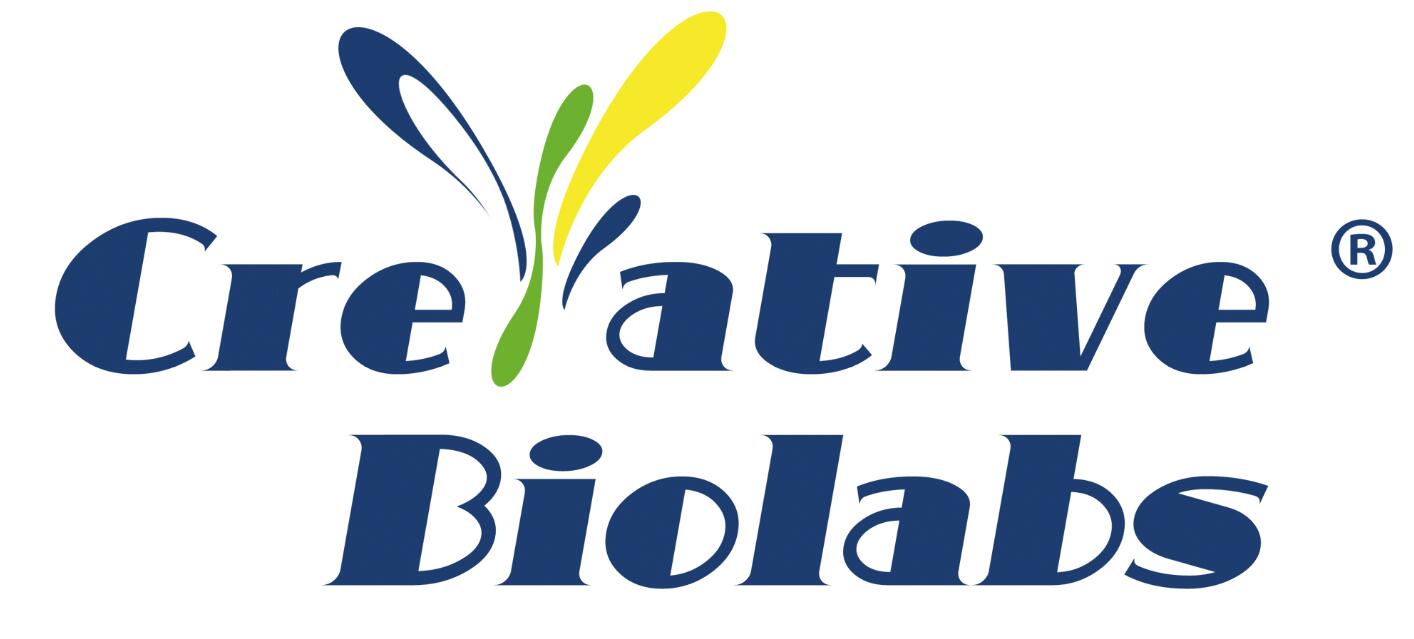Some hospitals in the USA have found that genome sequencing could help doctors diagnose potential diseases of new born babies. Even though, there are many challenges that this brand new controversial technology has to confront with.
Three Great Challenges It Is Facing With
 Firstly, most of the whole genomes are still unknown to humans. It is even worth that many doctors in this field don’t know how to interpret the information the results show.
Firstly, most of the whole genomes are still unknown to humans. It is even worth that many doctors in this field don’t know how to interpret the information the results show.
Secondly, although the price of genome sequencing has got a huge decrease, 1000$ for now, it is also far more expensive than that of traditional testing method (25$).
Lastly, genome sequencing for new born babies trap the doctors in ethical dilemma. Let’s suppose that a doctor found the risk of gene mutation in a new born baby by genome sequencing, but he/she doesn’t know for sure whether this risk will lead to disease in the future, Should he/she inform the baby’s parents?
Researchers’ Attitudes on Genome Sequencing for Babies
According to a survey, some families refuse to have their newborn babies’ genes sequenced, because they are not so confident about the risks of their babies’ genetic information. They hold the idea that this test should base on the principle of voluntariness. “It will take much longer time for people to accept this brand new test than to solve the problems of this technology itself, because we need time to popularize education on that.” said Joshua E. Petrikin, director of Newborns Gene Group of Mercy Children’s hospital, Kansas, Missouri.
In 2013, the National Institutes of Health (NIH) invested 25 million US dollars in four different newborn baby genome sequencing projects. It is predicted that in 2015, institutes include the University of North Carolina at Chapel Hill, University of California-San Francisco and some hospitals will practice this test on both healthy newborn babies and babies with diseases. Meanwhile, they will compare the results of gene sequencing with tradition test, so as to raise the accuracy rate.
Stephen F. Kingsmore, director of the Medical Center of Gene Group of Mercy Children’s Hospital, hopes that the whole genome sequencing project could be carried on to around 14% of the newborns observed in ICU among the total 4 million per year. He said that gene sequencing can also help greatly in the further treatment of diseased babies, and predict rare or unknown diseases in them.
